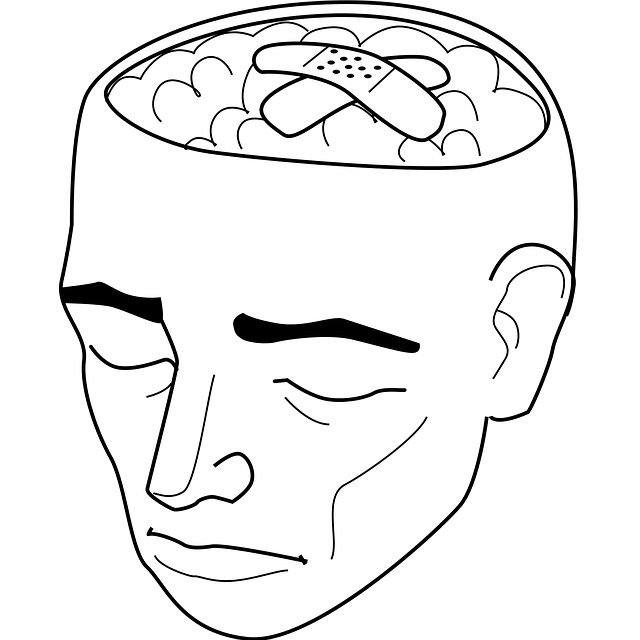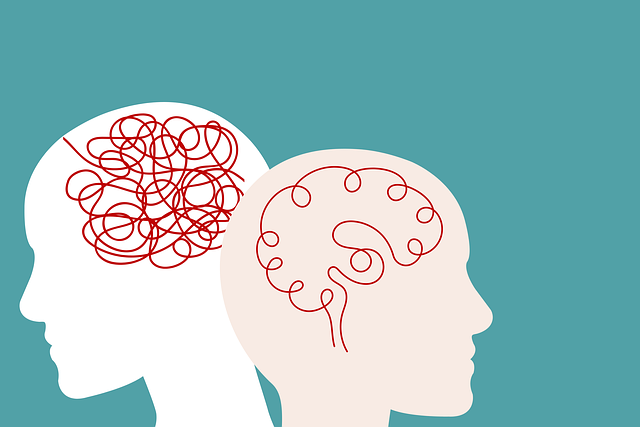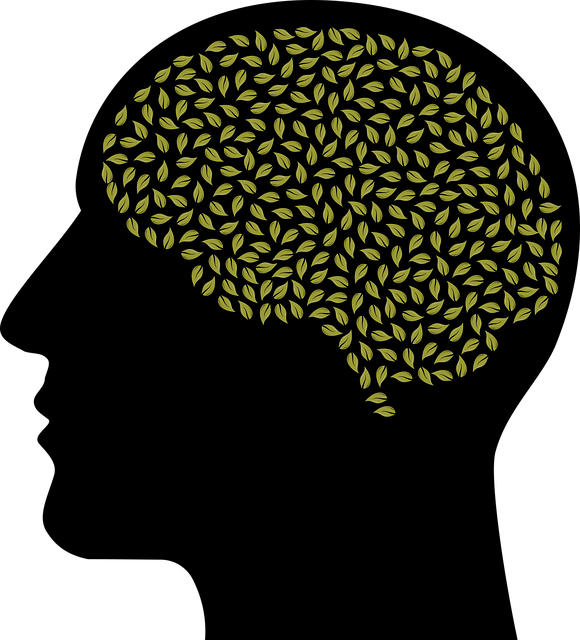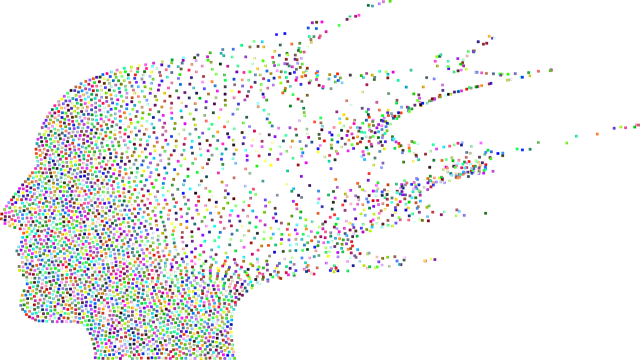Mental illness stigma profoundly affects individuals' well-being and access to treatments like Lafayette Stress Management Therapy (LSMT), impacting both diagnosed persons and their support networks. To combat this, initiatives such as Mental Wellness Journaling Exercises and Mindfulness Meditation, coupled with education and advocacy, are crucial for normalizing mental health conversations. LSMT, through empowering stress management techniques, promotes cultural sensitivity in healthcare and fosters inclusive communities that value mental health on par with physical well-being.
Mental illness stigma remains a significant barrier to treatment and recovery, exacerbating the challenges faced by those living with mental health conditions. This article explores comprehensive stigma reduction efforts, focusing on their profound impact on individual well-being and societal progress. We delve into effective strategies aimed at fostering understanding and empathy in both society at large and healthcare settings, highlighting the unique role of Lafayette Stress Management Therapy in overcoming this pervasive stigma.
- Understanding the Impact of Stigma on Mental Health
- Strategies for Reducing Stigma in Society and Healthcare Settings
- The Role of Lafayette Stress Management Therapy in Overcoming Stigma
Understanding the Impact of Stigma on Mental Health

Stigma surrounding mental illness can have profound effects on an individual’s overall well-being. Often, those facing mental health challenges internalize societal perceptions, leading to self-stigmatization and a fear of seeking help. This can result in prolonged suffering and hindered access to effective treatments, such as Lafayette Stress Management Therapy. The impact extends beyond the person with the diagnosis; it influences their support networks, potentially creating an environment of avoidance or misunderstanding.
Reducing the stigma associated with mental illness is crucial for fostering open conversations and encouraging individuals to prioritize their mental wellness. This involves education, advocacy, and promoting understanding through various initiatives, including Mental Wellness Journaling Exercises and Mindfulness Meditation practices. By challenging societal norms and providing Guidance on effective coping strategies, communities can work towards a more inclusive and supportive atmosphere, ultimately improving the lives of those affected by mental illness.
Strategies for Reducing Stigma in Society and Healthcare Settings

Reducing stigma around mental illness requires a multi-faceted approach that touches every aspect of society, from educational initiatives to policy changes. In healthcare settings, providers play a pivotal role in challenging stereotypes and fostering empathy. Simple yet powerful strategies include using person-first language, actively listening to patients’ experiences, and normalizing conversations about mental health. Incorporating diverse perspectives in healthcare teams can also help dispel myths and improve patient care.
LaFayette Stress Management Therapy, for instance, emphasizes the importance of Mind Over Matter principles in treating anxiety relief. By presenting therapy as a tool for empowerment rather than weakness, such programs aim to destigmatize seeking help. Educating the public about mental health conditions, their causes, and effective treatments is equally crucial. Raising awareness through community events, media campaigns, and school programs can contribute to a more inclusive and supportive environment where individuals feel comfortable discussing their mental health journeys without fear of judgment or discrimination.
The Role of Lafayette Stress Management Therapy in Overcoming Stigma

Lafayette Stress Management Therapy (LSMT) plays a pivotal role in breaking down the barriers associated with mental illness stigma. This therapeutic approach focuses on empowering individuals to manage stress and anxiety, thereby fostering improved mental well-being. By incorporating techniques such as mindfulness meditation, LSMT helps clients develop essential coping mechanisms that boost their confidence and self-esteem. The therapy also emphasizes cultural sensitivity in mental healthcare practice, addressing the unique challenges faced by diverse communities. This inclusive approach ensures that everyone receives support tailored to their needs, thereby reducing stigma and promoting a more understanding society.
Through its comprehensive strategy, LSMT not only assists individuals in overcoming personal struggles but also contributes to a broader shift in societal perception. By normalizing conversations about mental health and encouraging open dialogue, LSMT helps destigmatize various conditions. This, in turn, fosters a supportive environment where people feel comfortable seeking help without fear of judgment. The ultimate goal is to create a community that values mental health as much as physical well-being, ensuring that everyone has access to the resources they need to thrive.
Mental illness stigma reduction is a multifaceted approach, requiring societal shifts and improved healthcare practices. By implementing strategies that foster understanding and empathy, such as education programs and supportive therapy models like Lafayette Stress Management Therapy, we can create a more inclusive environment. This collective effort not only improves mental health outcomes but also strengthens our communities by breaking down barriers and embracing diverse human experiences.














